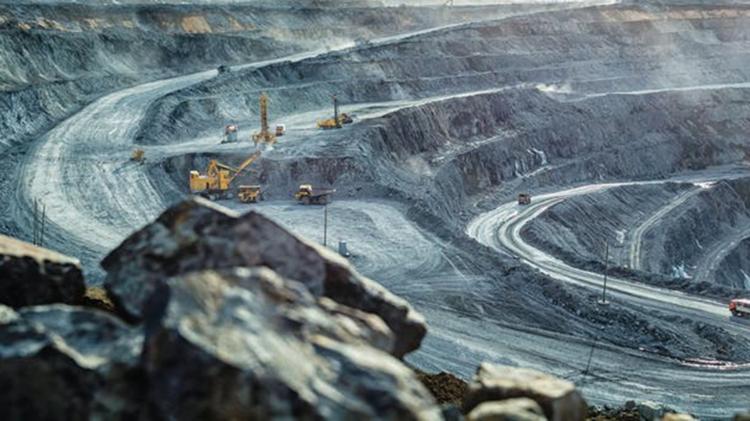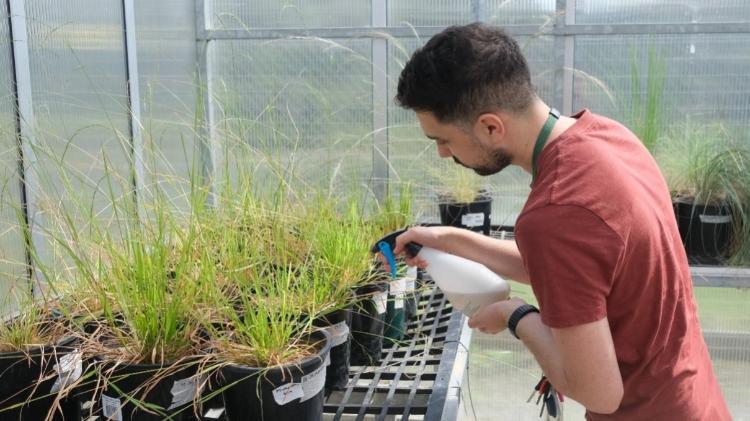Case studies
UOW volunteers came together in July to celebrate National Tree Day by planting 50 native trees and 200 types of grass on at the University’s Wollongong campus.
With a single tree capable of absorbing 800 kilograms of carbon dioxide over its lifetime, their role in mitigating the effects of climate change is significant. Trees have a remarkable ability to reduce greenhouse gas emissions, act as carbon sinks and store carbon in their trunks, branches and leaves. In addition to their environmental benefits, trees provide shade, reduce the temperature and reduce air pollution by absorbing harmful gases, such as nitrogen oxides, sulphur dioxide and ozone.
The tree planting initiative created by Associate Professor Owen Price, Director at the Centre for Environmental Risk Management of Bushfire in the School of Earth, Atmosphere and Life Science, aimed to replenish the tree population following the 2019 Black Summer bushfires and engage the community to help protect the Illawarra’s natural ecosystems.
By the end of September 2023, UOW volunteers planted more than 10,600 trees in various regions of the Illawarra and Shoalhaven, with more planting planned for 2024.






















